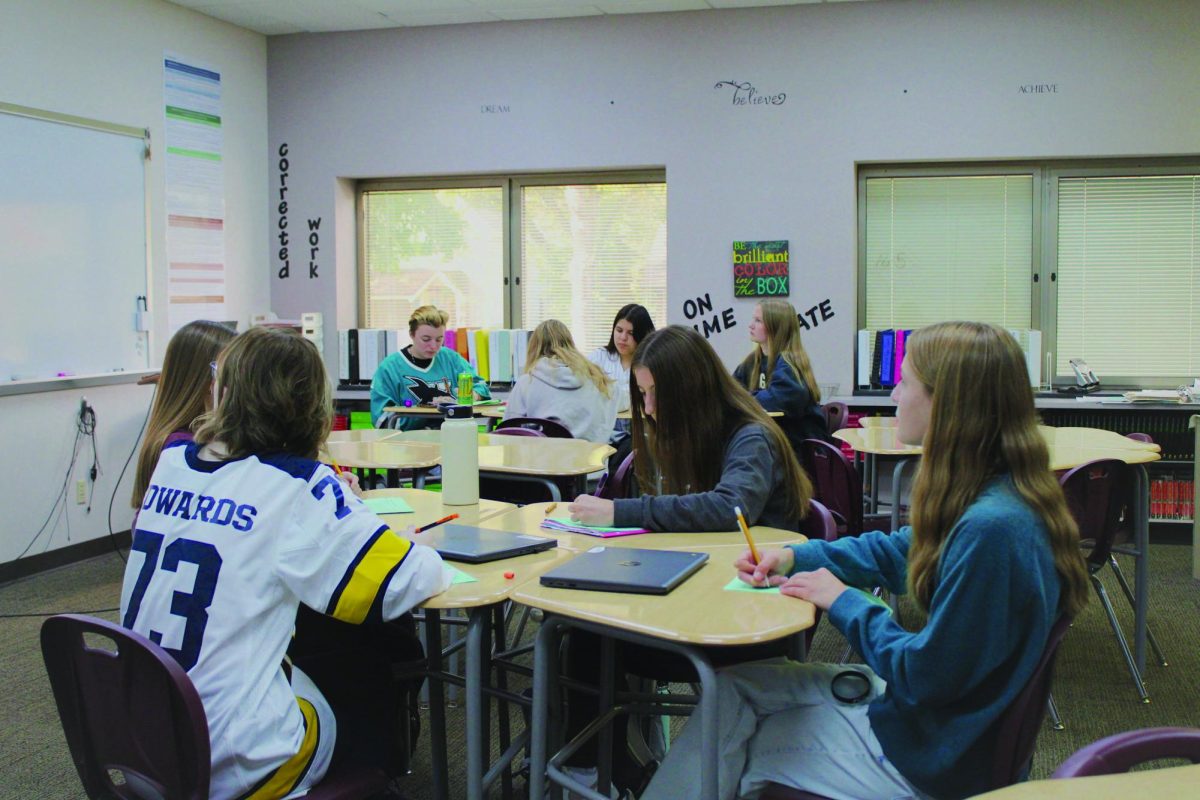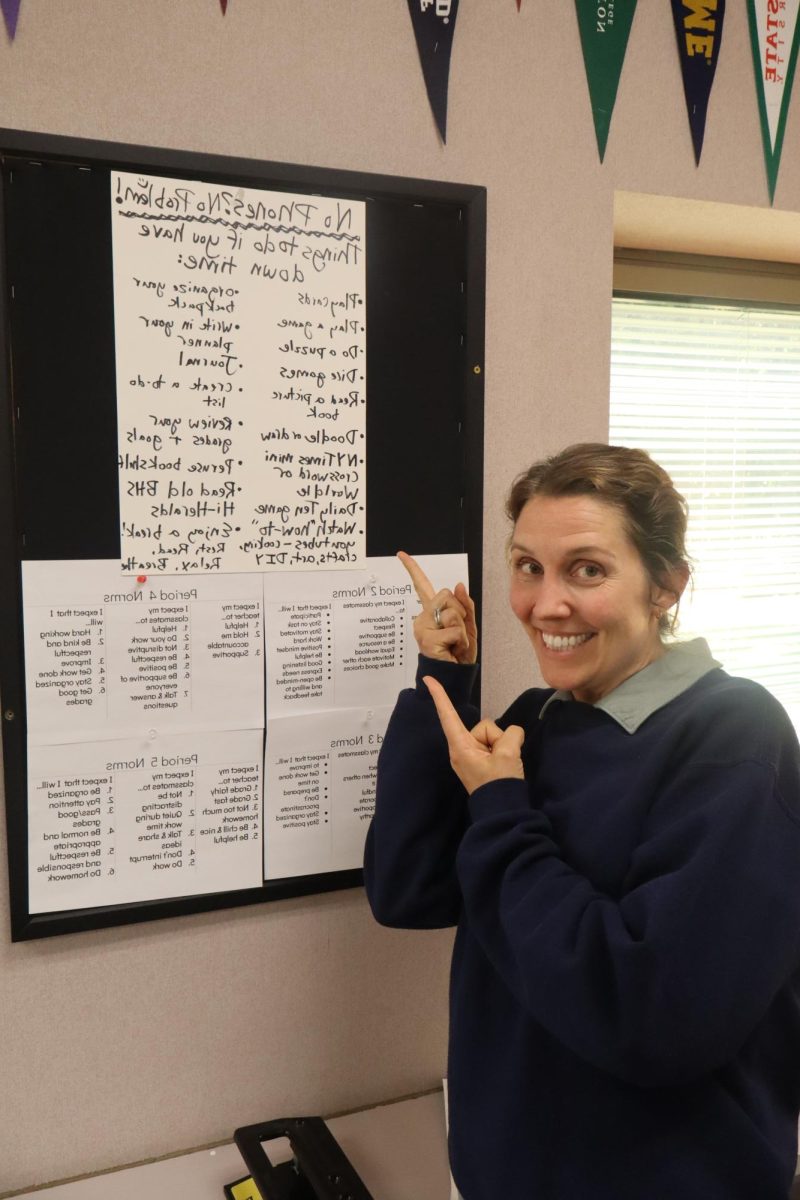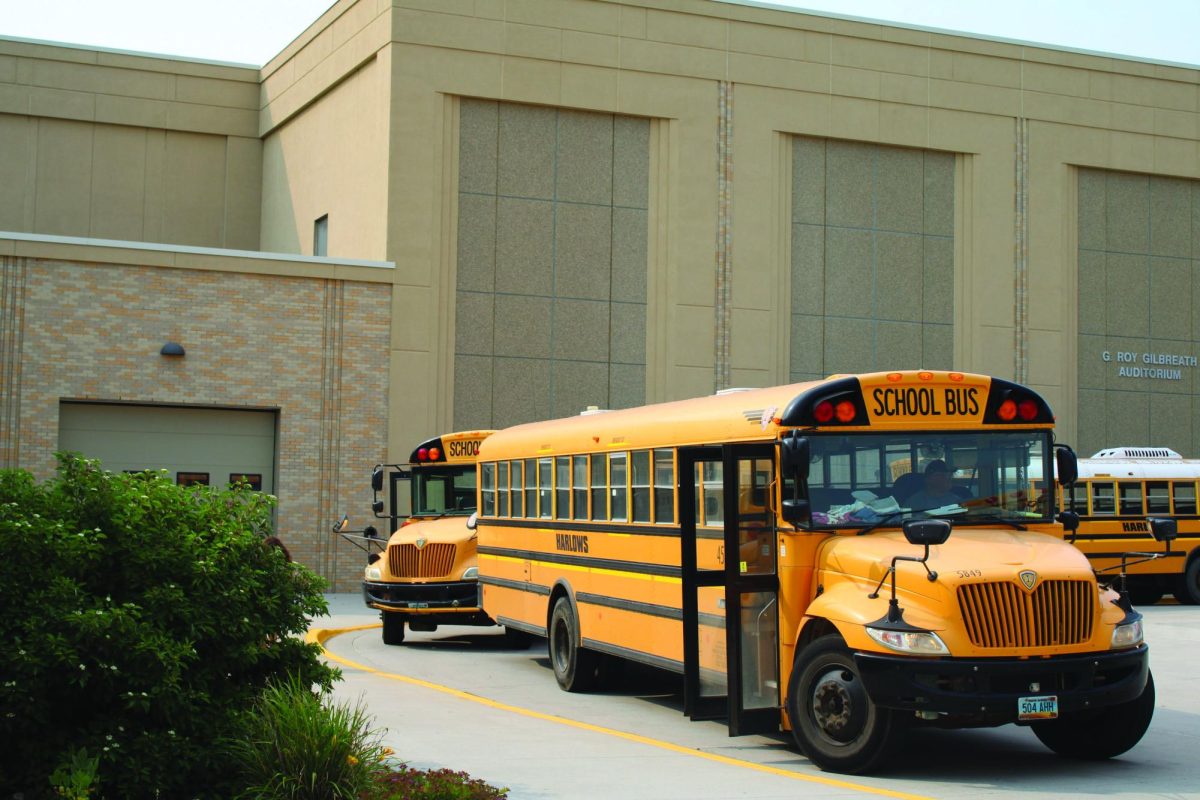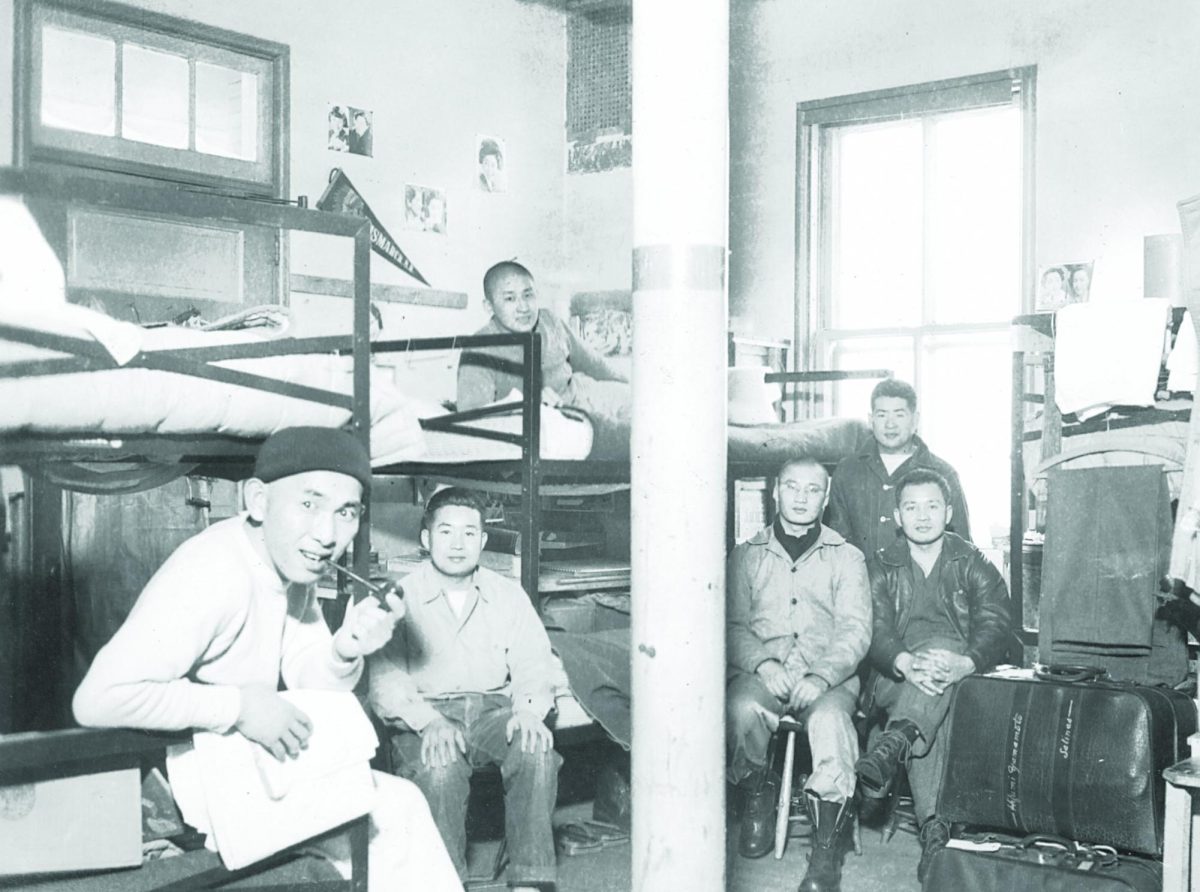Bismarck High School offers 15 Advanced Placement (AP) courses paired with the option of dual credit enrollment. There are dual credit exceptions for English 12 and college algebra, these classes offer college credit but are not an AP course. These classes may require a chat with the instructor beforehand.
AP and Dual-credit classes are different class structures. AP classes are college level classes that have an exam at the end of the year to determine whether a student will get the credit. Dual credit courses are the same course as AP but without the exam. Dual classes in college are only a half semester in college whereas in high school it is a full year to learn all the material.
Rosann Jacobs Fode finds huge benefits from these classes for students because it saves them time and money in college.
“My daughter, she graduated four years ago now, but she finished her bachelor’s degree in under three years and started medical school,” Fode said. “My son graduated high school with almost a full year of college out of the way.”
Money is a big factor why a lot of people may take these classes.
“So money wise, like if you’re going to UND or NDSU, you’re looking at easily $10,000 to $20,000 depending on where you’re at,” Fode says.
These classes also can get kids to jump in the workforce quicker or graduate earlier. It can be important for students to get a headstart on taking these classes so they can get ahead.
“I think it really depends on each student, like I don’t think kids should be in a hurry to get all these college credits done,” Fode said. “We need to make sure that kids are learning what they need to learn from these courses.”
When students are signing up for these courses, they have to reflect on their capability of managing it.
“If you’re not ready to take college classes as a freshman or sophomore you shouldn’t be taking them,” Fode said. “I would say sophomore year would be a good time to take one and kind of see where you’re at with it.”
AP classes can be harder than dual credit classes because students are required to take the exam.
“We have to get the kids ready for the exam, which kind of, to me, increases the rigor and it’s just the stakes,” Fode said. “Whereas with dual credit I think it is a step down from AP in many ways while we’re still teaching the curriculum and rules, we’re still covering the same materials but the test pressure is off.”
Colleges look at the classes taken in high school.
“Colleges like to see you took challenging coursework,” Fode says. “These classes are on a five scale versus a four so they really increase your GPA, so if you’re pulling A’s in your AP courses, that is going to raise your GPA potentially above a 4.0.”
If students fail one of these classes then they will be moved to a normal class.
“If we see a kid who is struggling who has the potential to fail, usually we talk to them and try to get them in a regular course so they can be successful,” Fode said. “The last thing we want is kids having to retake courses.”
If students would like to register for AP classes they should go to their counselor.
“You need to reach out to your counselor and let them know you want to take the exam and then you have to pay the fee to take the test,” Fode said.
If students are interested in the dual course option then they will go through the college board and enroll with BSC.
“You have to apply to BSC once you’ve been accepted by BSC,” Fode said. “Then you need to log into your campus connection, which we walk kids through on how to do that, especially if it’s their first dual credit class and that’s where you pay your fees and all that stuff.
Categories:
AP & Dual Credit
Every year, students are registering for classes and looking for courses that best suit their skill level and line of interest.
Katie Volk, News Editor
October 15, 2024
0
Donate to BHS News
$175
$3000
Contributed
Our Goal
Your donation will support the student journalists of Bismarck High School. Your contribution will allow us to purchase equipment and cover our annual website hosting costs.
More to Discover
About the Contributors
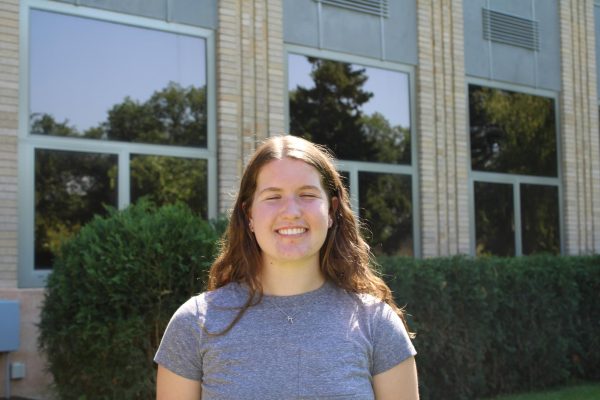
Katie Volk, News Editor

Alannah Kemmis, Editor in Chief

